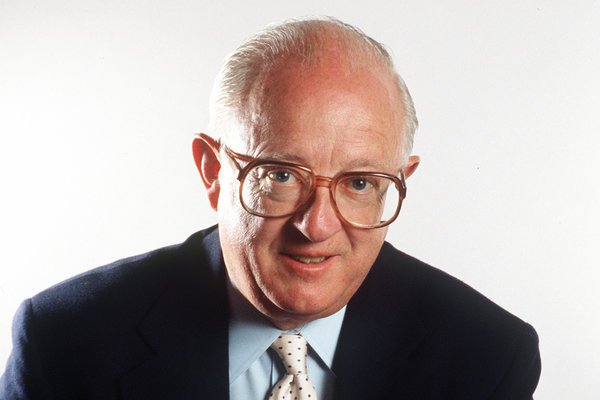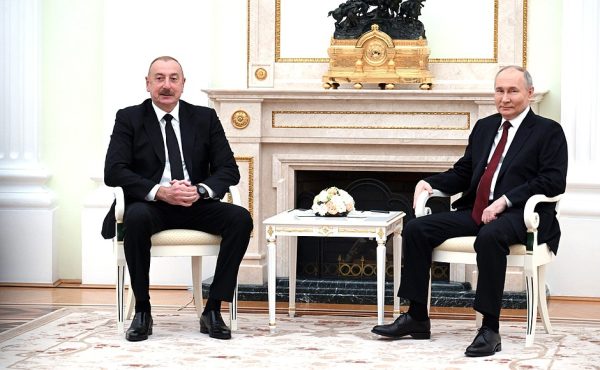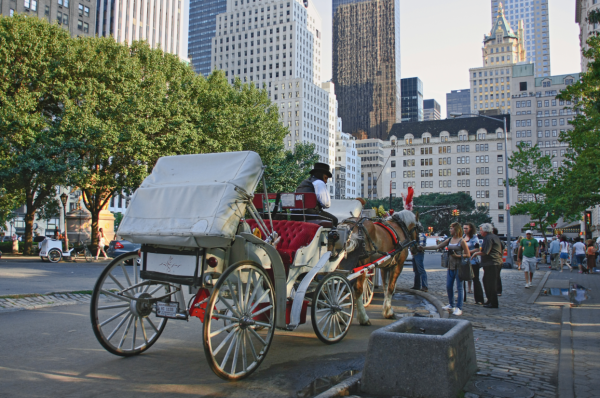Dave Anderson: A Reflection
“The Echo staff was honored and energized by Dave’s presence. His willingness to talk and share ideas with student journalists was never forgotten and the paper was the better for it.” – David Strife, former Echo advisor

Dave Anderson, a New York Times sportswriter of over three decades, died on October 4th. Born on May 6th, 1929, Anderson was raised in Brooklyn. There, he found his passion in baseball and the people who played it. Despite their common interests, however, Anderson’s love for the sport took him in a different direction than that of other boys his age. He chose to take up the pen instead of the bat. Indeed, Anderson later would go on to describe the heroes of his youth as sportswriters. It’s natural, then, that he became a luminary in the field, winning a Pulitzer Prize for his sports commentary in 1981—not to mention his publishing 21 books and hundreds of magazine articles.
Despite his unremarkable beginnings as a writer for his high school and college newspapers (and later as a messenger for the New York Sun), Anderson quickly climbed the ladder once he graduated and began his professional career. His occupation took him through the staffs of many different New York papers at the time, such as the Brooklyn Eagle and The New York Journal-American—but his writing truly found its home at The Times. It was there that he penned the six pieces that earned him the distinction of being the second sportswriter to win a Pulitzer Prize. Most notable of these articles was “The Food on a Table at the Execution,” which described the firing of Yankee manager Dick Howser at the hands of owner George Steinbrenner. This, however, was just one of the many successes that marked Anderson’s professional record—others included the Dick McCann Memorial Award from the Pro Football Hall of Fame and the Dick Schapp Award for Outstanding Journalism, as well as induction into both the National Sportscasters and Sportswriters Hall of Fame and the International Boxing Hall of Fame.
The time spent in his profession was defined by his remarkable work ethic and mastery of the written word, to be sure, but Anderson’s use of his writing expertise extended far beyond the work done during his career. As he lived in Tenafly for many years, he came in to speak to the Echo staff to share his advice and impart experiences that made him the man and writer he was. “Dave Anderson spoke to the Echo staff on two or three occasions,” recounted David Strife, former Echo advisor. “I recall that he was down-to-earth, in both appearance and demeanor.” Those who worked with him would likely concur, for he was known by many of his contemporaries to be a humble man. Thomas Boswell wrote postmortem for The Washington Post that “the notion of Anderson celebrating himself—jumping or yelling with joy because he’d been acclaimed (for a Pulitzer)—is inconceivable. He probably would’ve been a lot more excited if he’d gotten back-to-back birdies. Not prouder, but more visibly excited.” This modesty was an important facet of Anderson’s character. At the end of the day, what he cared about was the truth, the story—not fame or recognition. Boswell described him as “the best of a breed”—not so much the last of the straight-shooter journalists but certainly second-to-none in how he treated his profession. Of course, if you were to have told Anderson this, he would likely have shrugged and gone about his day. That’s just the kind of person he was.
I’ll conclude with this quote from Strife: “The Echo staff was honored and energized by Dave’s presence. His willingness to talk and share ideas with student journalists was never forgotten and the paper was the better for it.” Despite Anderson’s passing, he can rest well knowing that he’s inspired more young journalists to take up the pen and pursue their dreams in writing like he did—myself included.

Aiden Kwen ('20), Senior Editor, is interested in interactions between pop culture and social issues; as the president of the Controversy Club at THS and...



















































































































































